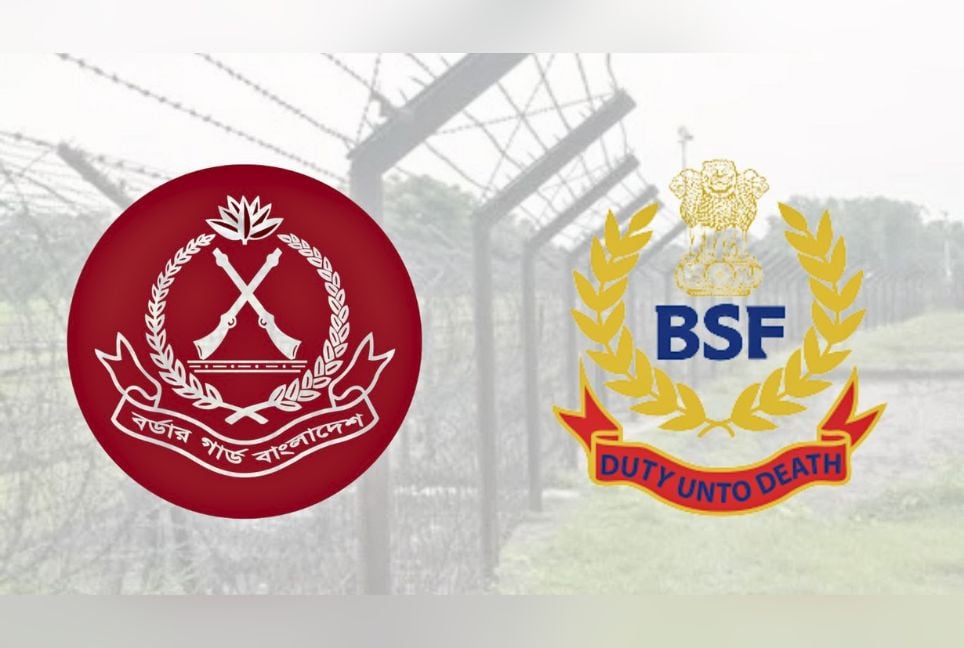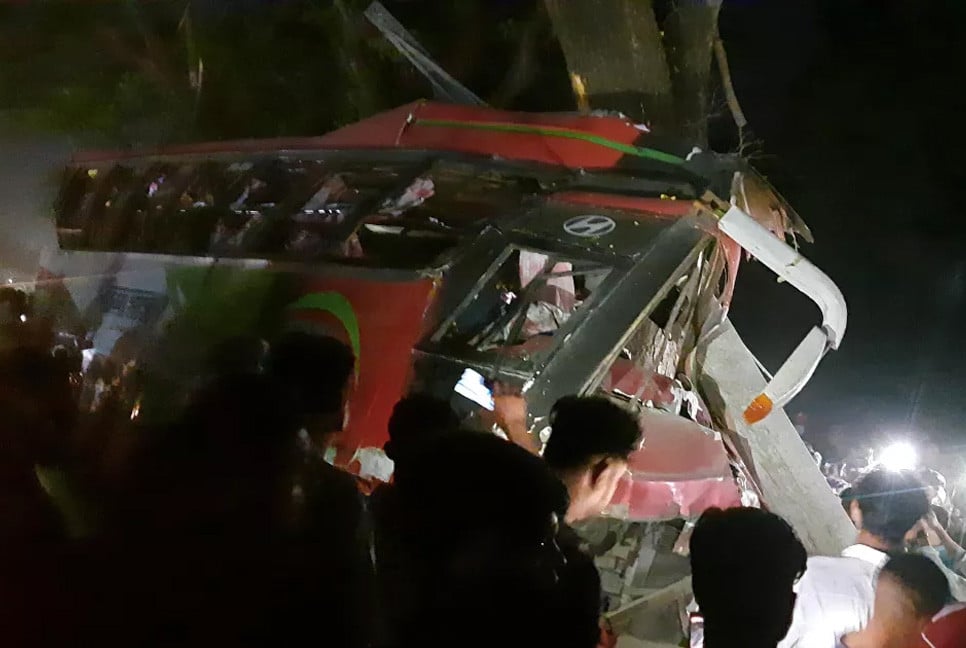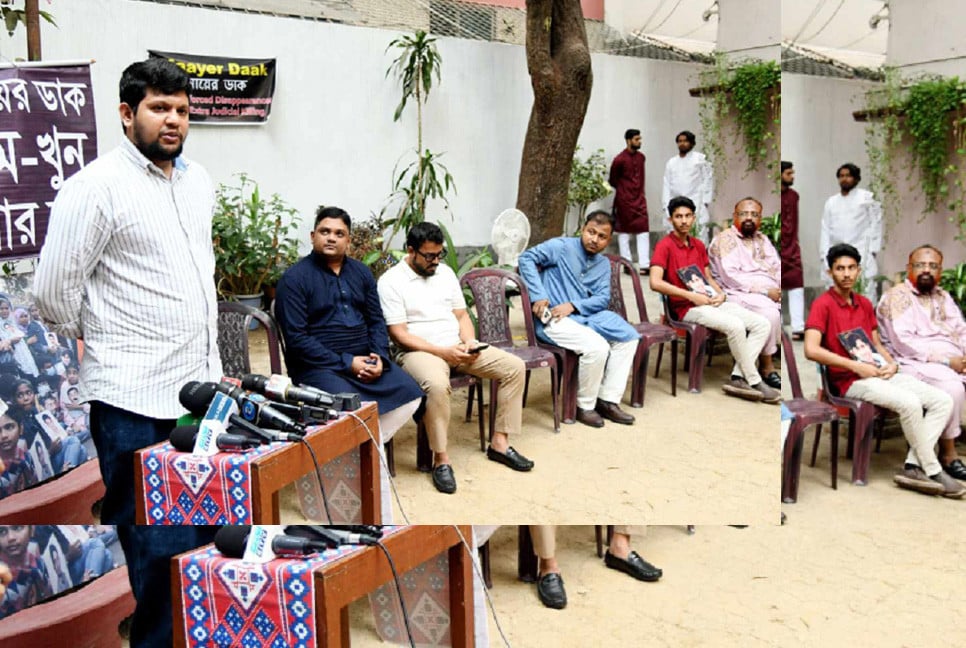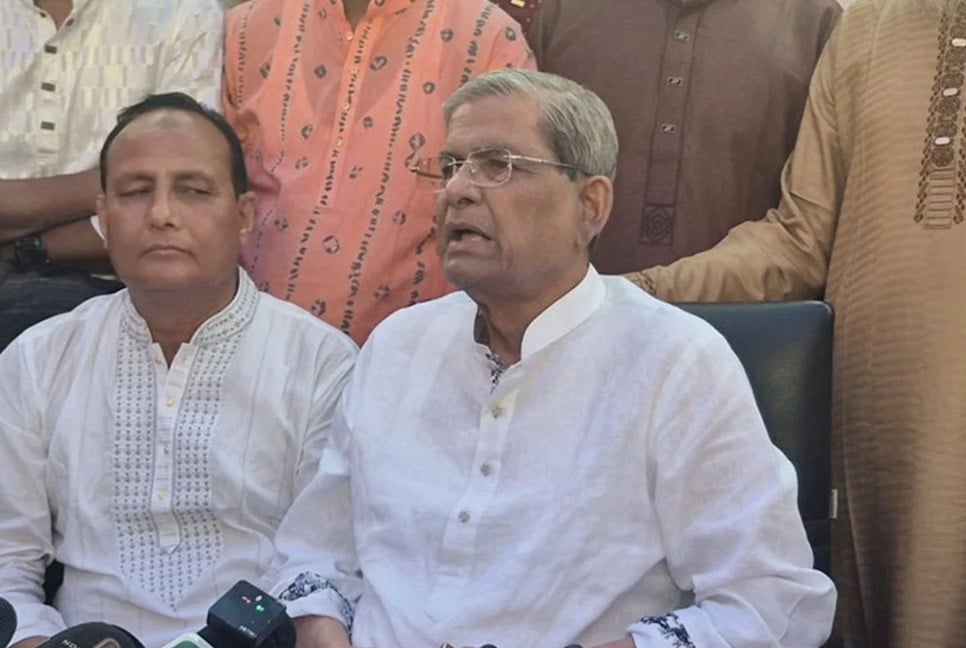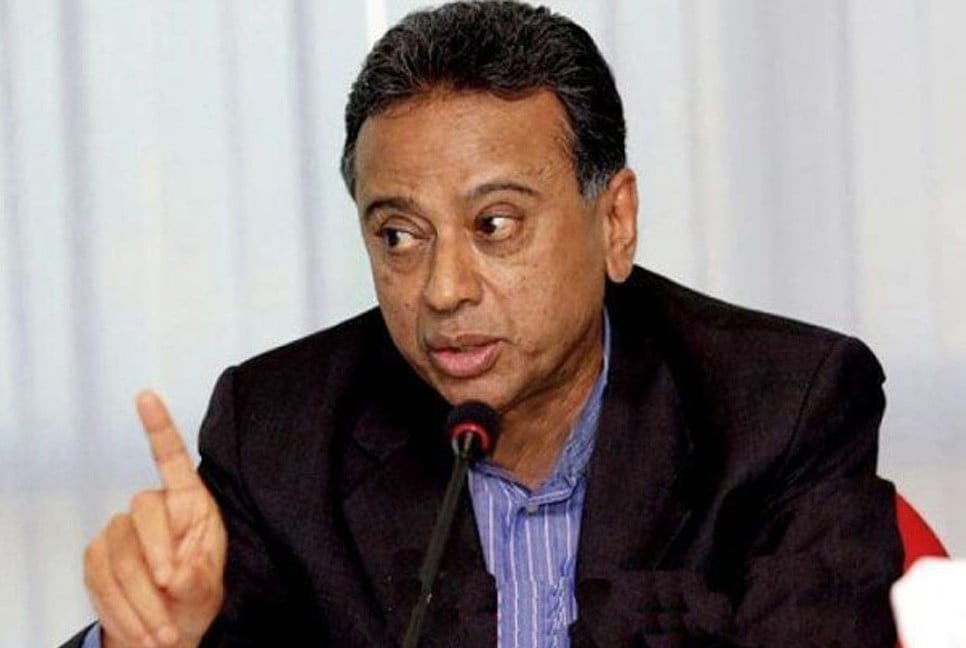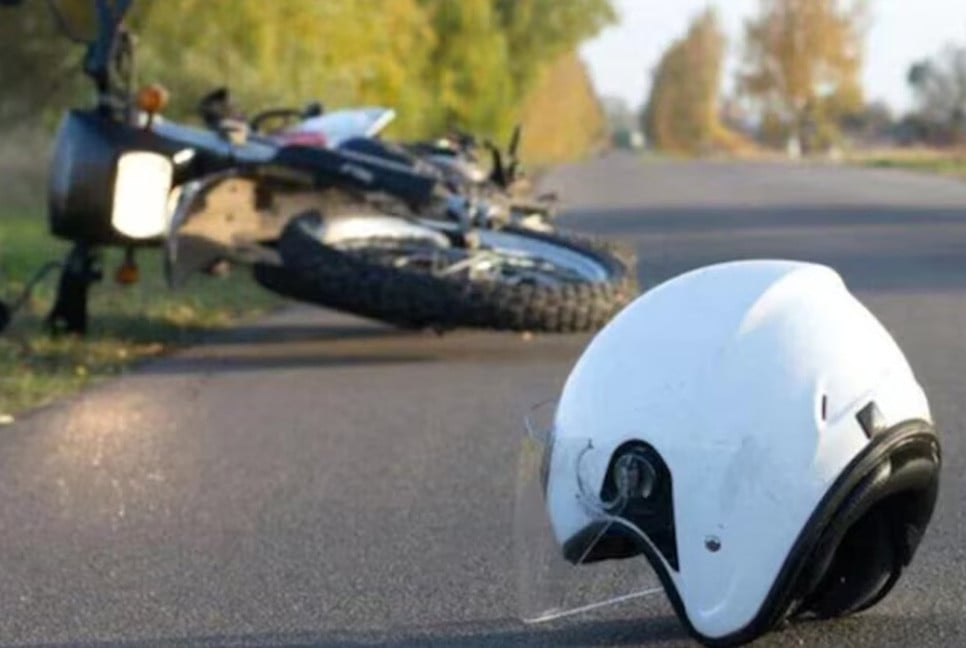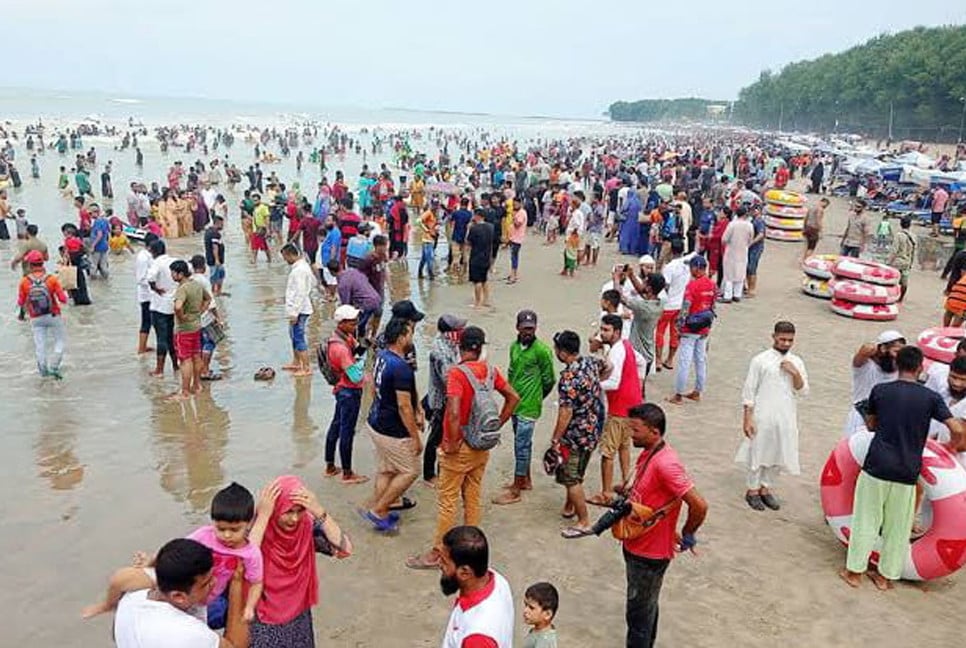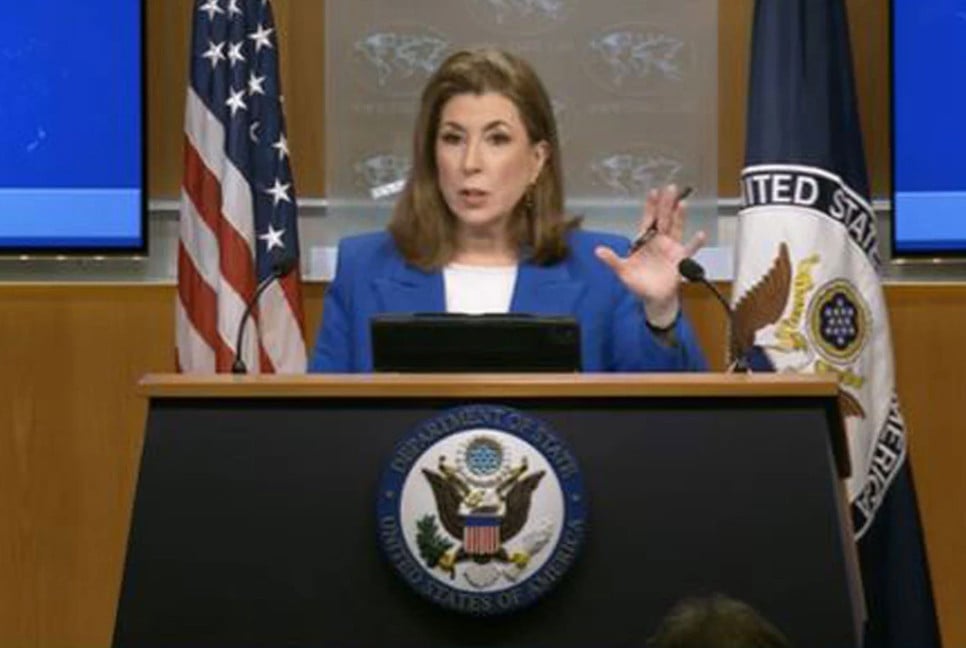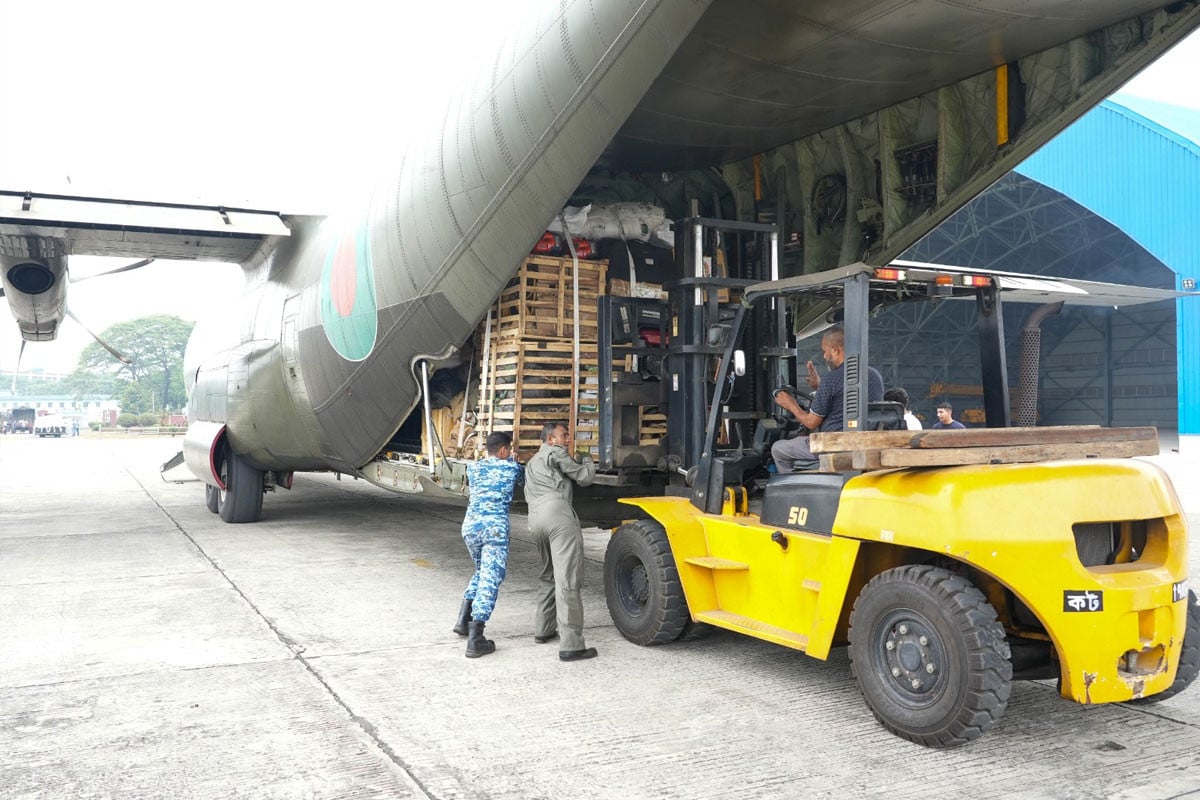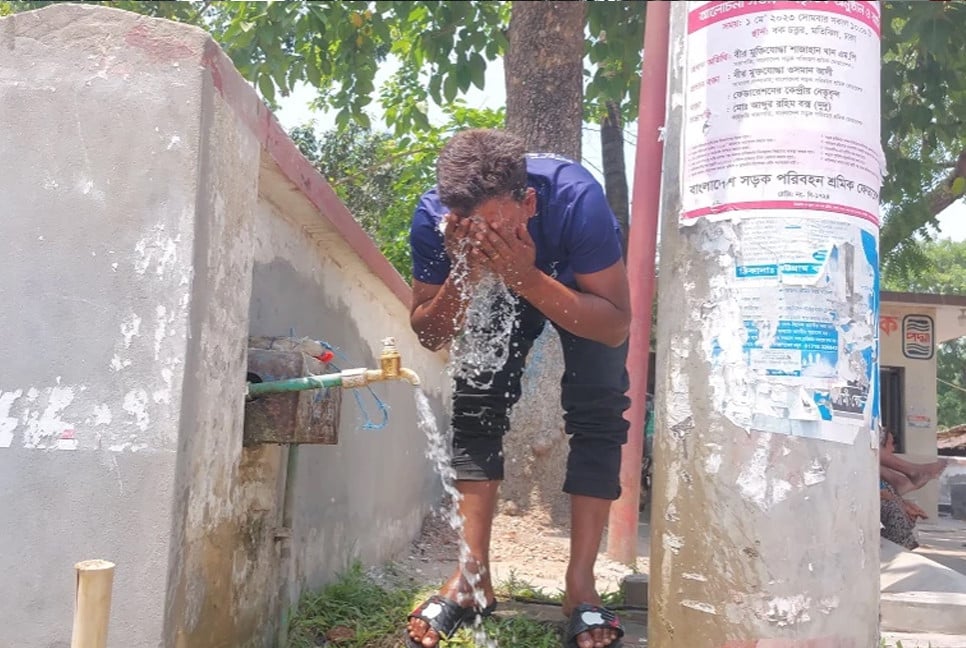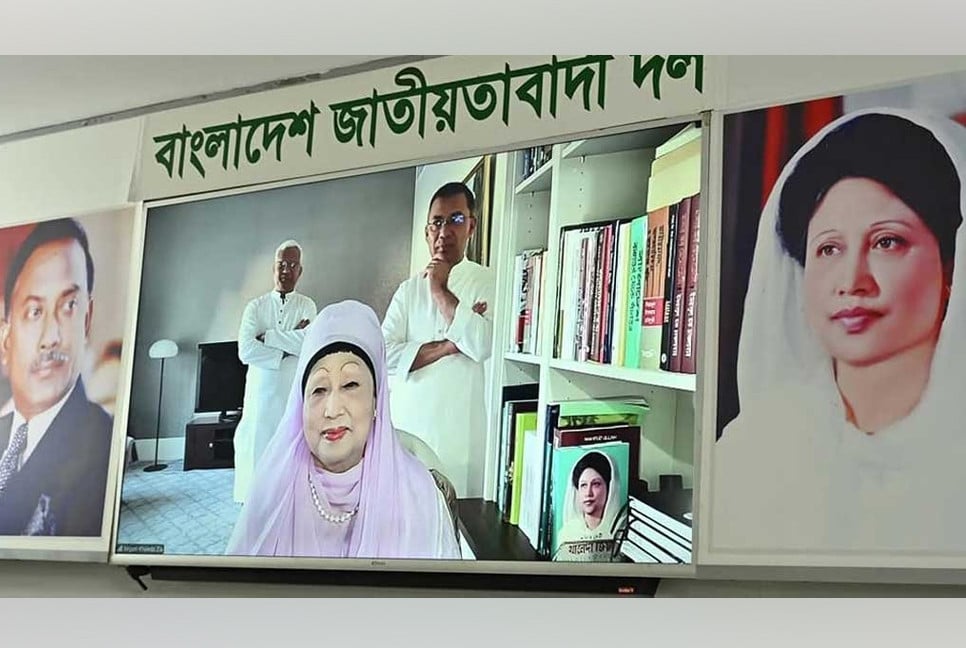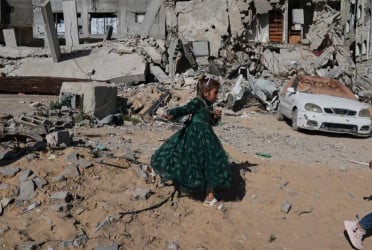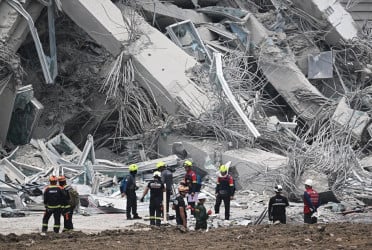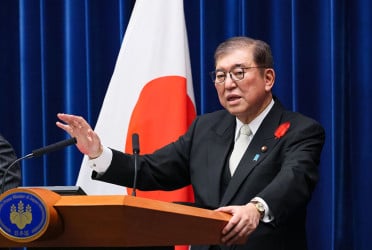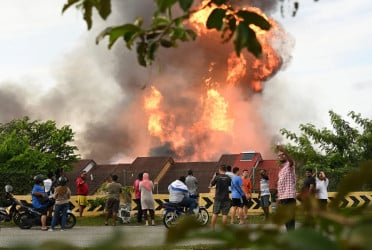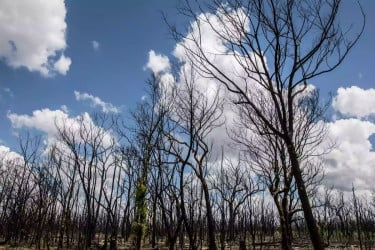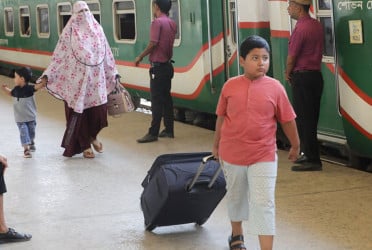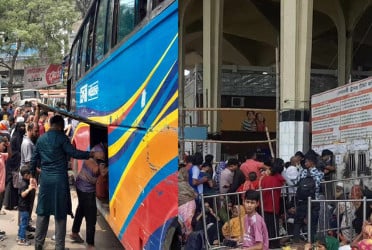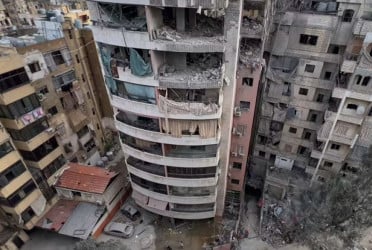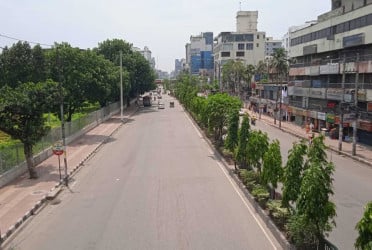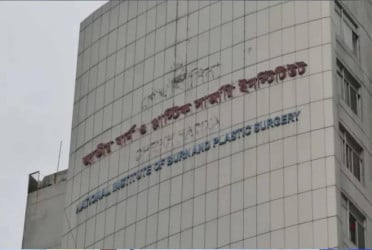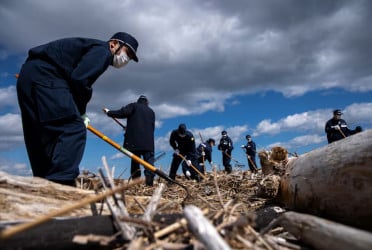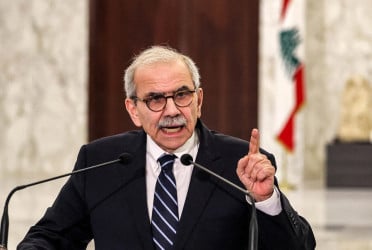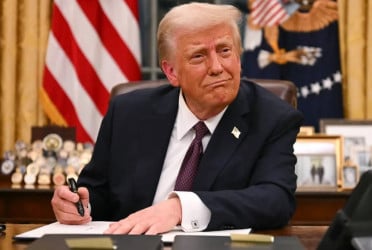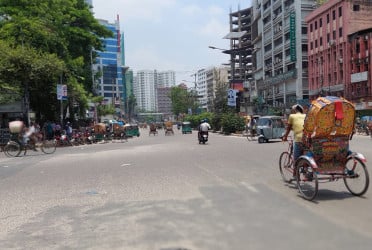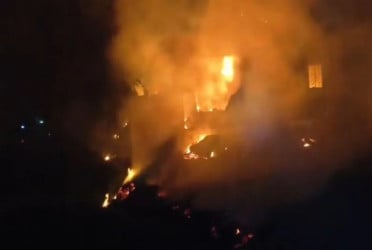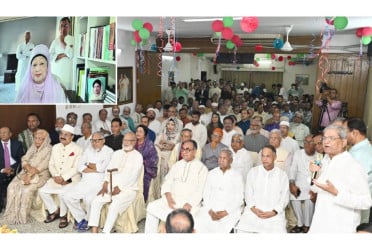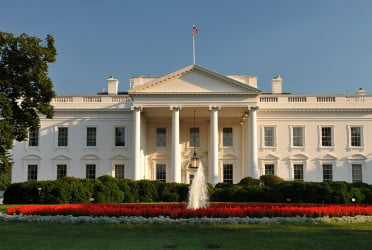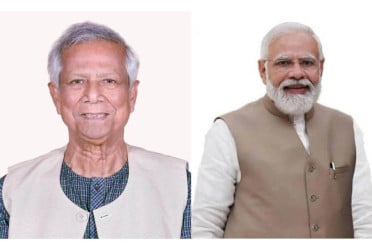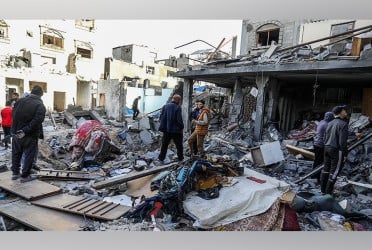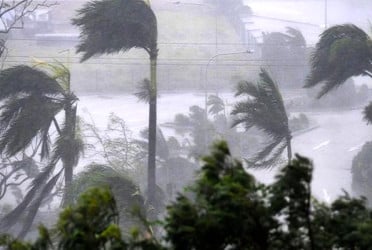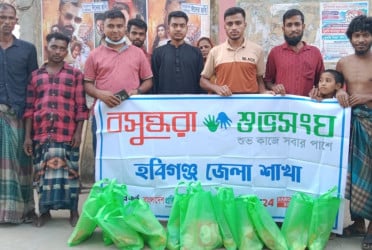Bangladesh and India have agreed to take effective measures to bring down border killings of Bangladeshi nationals to zero level and conduct joint inspections in case of carrying out any construction within 150 yards of the frontiers.
The two countries reached the agreement after a four-day director general (DG) level conference of the two border forces – Border Guard Bangladesh (BGB) and Border Security Force (BSF) of India – held from February 17 to February 20 in India’s capital New Delhi, reports BSS.
A 13-member Bangladesh delegation, led by BGB DG Major General Mohammad Ashrafuzzaman Siddiqui, participated in the conference, according to a BGB press release.
On the other hand, the 13-member Indian delegation was led by BSF Director General Daljit Singh Chawdhary at the conference.
A joint statement was issued after the conference in which both the friendly countries agreed on some issues of bilateral interest, added the release.
"In order to reduce the incidents of shooting/killing/injuring/beating of unarmed citizens at the border to zero level, both sides agreed to increase joint patrols in vulnerable areas of the border," the joint statement said.
Bangladesh and India have agreed to enhance intelligence sharing, conduct public awareness programs, and implement socio-economic initiatives in border areas. Both nations will take necessary actions following proper investigations in cases of border killings.
A joint inspection team will be formed to monitor any construction, barbed wire fences, or defensive structures within 150 yards of the border, ensuring all projects comply with the Joint Record of Discussion (JRD).
Efforts will also be made to swiftly resolve halted development works within the same range through joint verification.
Both sides pledged to curb cross-border crimes, particularly the smuggling of drugs, livestock, gold, weapons, and counterfeit currency, along with preventing illegal infiltration and human trafficking, the release further added.
They will exchange immediate information about individuals involved in such crimes. To avoid misunderstandings and conflicts, surveillance will be increased, and awareness campaigns will be conducted to discourage illegal crossings.
Special emphasis will be placed on preventing human trafficking and ensuring the rescue and rehabilitation of victims under respective national laws.
Additionally, both countries have agreed to set up water treatment plants to manage wastewater from four border canals flowing from Agartala to Akhaura and reopen the Rahimpur canal mouth with the Kushiyara River in Zakiganj.
Discussions were held on identifying locations of regional separatist armed groups and their activities. Mutual cooperation under the Coordinated Border Management Plan (CBMP) was acknowledged, with plans to organise bilateral activities such as joint sports events and retreat ceremonies.
During the conference, the BGB director general expressed deep concern over the killing of Bangladeshi citizens at the border, urging the BSF to take immediate measures to reduce such incidents to zero.
The BGB chief stressed the importance of preventing smuggling, infiltration, and border terrorism. In response, the BSF DG reaffirmed India’s commitment to a “non-lethal” border policy, emphasising the need for continued cooperation to maintain peace and prevent drug trafficking and smuggling.
Bd-pratidin English/Fariha Nowshin Chinika

